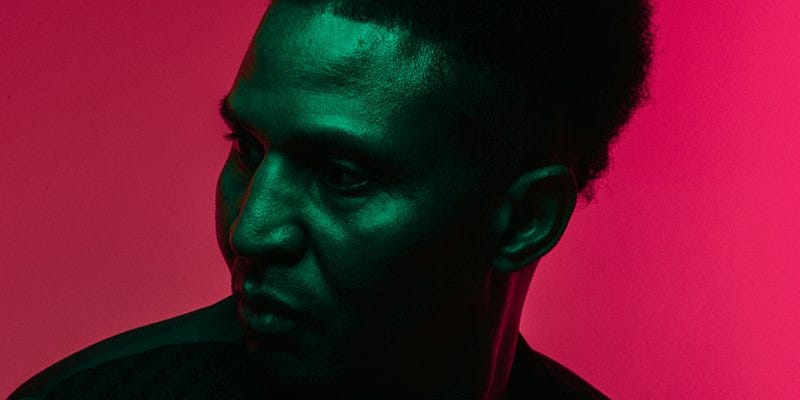Daily Post #2 - Workflow
Some thoughts on workflow in the creative process
Workflow is important. It’s how you get ideas out of your head and into existence. Inefficient workflow can ruin good ideas and ultimately stifle creativity - believe me, I know because I’ve been there and done that. So I’m currently experimenting with an ‘ideas pool’ style of workflow. It’s something I’ve adapted from an epiphany DJ Krust had while making a sample pack.
The process is this: for a period of time, a month or whatever, don’t try to finish any songs. Don’t even try to get further than perhaps a drum loop and a bass line. Set up a drum loop and then write as many bass lines around it as you can, without spending too long on any one of them and resisting the temptation to develop the ones that feel good. Some will certainly feel good, but don’t stop - just keep making new ideas. This way, you’re in a constant flow state. you’re not judging or critiquing any of the bass lines. you’re just making one and then immediately moving on to the next. I spent a whole day doing this and came away feeling really excited and like I’d achieved something which might sound silly but being excited helps you make exciting music. This was a couple of weeks ago now and I haven’t even gone back through them yet. I know there’s some gold there but instead I went on to do the same process but just for drums - so I set up a simple bass line and just made drum pattern after drum pattern. Sometimes with the same sounds or sometimes using new sounds - whatever felt right in the moment. By doing this rapid fire but focussed exercise you avoid becoming too emotionally attached to any one idea - they’re just sort of there. They just exist. You can be totally objective and get rid of the bad ideas with ease - and let’s not get it twisted, there will be bad ones. But that’s OK because they all only took a few minutes. We all know the feeling of being attached to a 70% finished song because we’ve worked on it for a week when deep down we know it’s just not that good of an idea. “But it must be good! I’ve spent ages on it!” It’s a horrible sinking feeling and can be really damaging, so let’s try to avoid that happening.
You can apply this to other musical parts too. Maybe set up a chord progression and keep writing melodies over it. Or maybe you have a sample or drum break you want to use, so keep making chops and variations one after the other. The same process could be applied to all parts of your song. The goal here is to end a session with an abundance of ideas from which you can objectively cherry pick the best at a later date. Chances are a few or even lots of them will be good. It’s a vibey and fun process - and that is the state in which you’re often creating good ideas. What about other art forms - how could a painter, writer or filmmaker use this workflow? Choose the best, discard the rest.
As I was writing this I was reminded that In 2010 I did Fact Magazine’s ‘Against The Clock’. Contestants are given 10 minutes to create a piece of music. It was quite an eye opening experience for me. I was surprised at how much it was possible to do in 10 minutes - I couldn’t over think it as I didn’t have time! OK, so what I came up with wasn’t amazing. But that’s fine. It was 10 minutes. But there was definitely a vibe. With this ideas pool approach in mind, I’ve started contemplating what would have happened if, instead of stopping, I repeated the process again for 4 hours. Just made a new 10 minute idea with the same sounds over and over again. This feels like something worth exploring.
For some more discussion on workflow have a look at these pieces on workflow by Machinedrum. One in XLR8R and more recent piece on Finish More Music. There's some more from Krust on this approach here and I also really enjoyed Jack Workforce’s Must Make podcast which touches on workflow and creativity.




I started this type of sketching just a few years ago, and found it very fun, as well as very fruitful. One thing I found with just using the same drum loop in various sketches, when I revisited the sketches a month+ later I could layer ideas from sketches and listen for any cool useable ideas that came out. Also had a few collabs where the writing partner would ask for parts from 2-3 of the sketches, and we’d build off of that. Sometimes I’d do a few weeks of just sketches after collecting a lot of new samples.
Really good article, I'm definitly going to work more on this, and on building my own sound sets! I recognise a bad habit of mine has been spending too long on the same tunes!